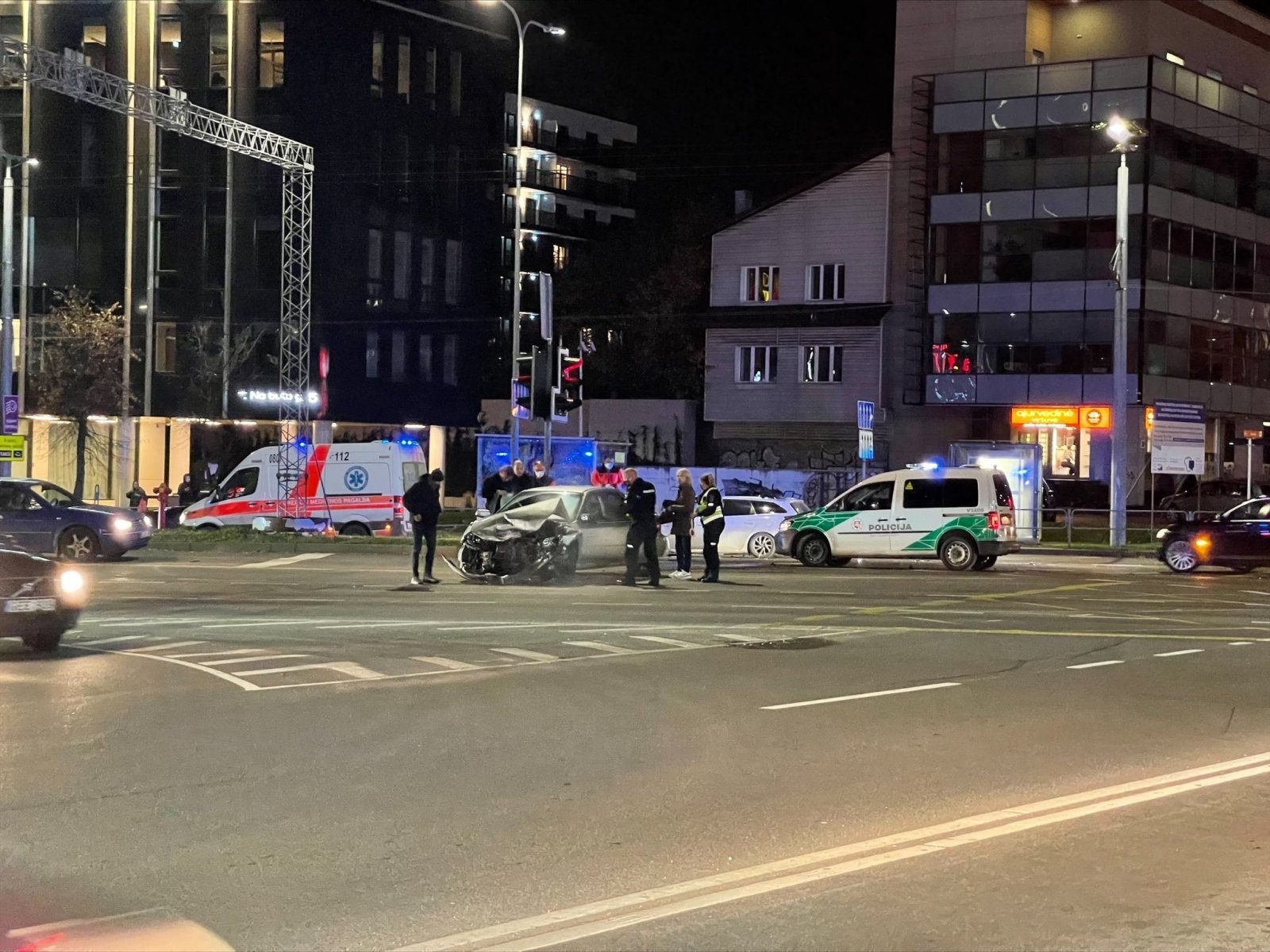Post-traumatic stress disorder (PTSD), for the vast majority of victims of the attacks of November 13, 2015, has become a reality. And an expression of their everyday language. A bit like the word resilience which left the language of experts to have fallen into everyday language. But what do these post-traumatic disorders cover? This Friday, in front of the Assize Court, the professor of psychiatry, Thierry Baubet (Avicenne hospital), and the psychiatrist Catherine Wong came to detail their consequences.
What events cause these disorders?
PTSD is the result of a fright reaction, something that goes beyond fear
, specifies the psychiatrist Thierry Baubet. An event that creates a risk of death, following very serious injuries, mainly sexual violence. Not every event can create trauma.
But the attacks of November 13, 2015, with their explosions, assault rifle fire and their numerous victims (131 dead and more than 400 wounded) obviously caused PTSD. Many patients say: I have lost my naivety. They no longer see things the way they saw them before. They saw it. Now they know. It is as if there was a curtain in front of us that protected from nothingness and this curtain was torn. But we can build another way of seeing things
, specifies Prof. Baubet.
It’s solastalgia, that is, the feeling that life will never be the same
, confirms Dr Catherine Wong.
Who can be affected by these disorders?
The direct victims of these attacks obviously. But not only. The witnesses also. A person who was on their balcony and witnessed horrible things can develop post-traumatic stress disorder, although legally they will probably not be able to bring a civil action. But also the first responders to these attacks: firefighters, caregivers, police … And of course, the relatives of the direct victims of the attacks. The trauma can affect the whole family. However, we too often neglect the effects that these traumas have on the family group.
, continues Thierry Baubet. And the psychiatrist to specify: Young age does not protect against trauma. It manifests in a different way, that’s all.
What are the consequences of these disorders?
The victims of the attacks have described, one by one, the different symptoms: sleep disorders, hypervigilance, difficulty concentrating, permanent irritability, depression, etc. Which can be accentuated by traumatic dissociation: For a few minutes, a few hours, there is a disintegration of psychic functions
, such as memory. Several victims thus recounted having a hole
in the timeline of events that night.
There is also a feeling of abandonment among them: the idea that no one will be able to understand or share what they have experienced.
, completes the psychiatrist. Hence the importance for them of integrating the associations of victims that have been formed: Life for Paris and 13Onze15. Without forgetting a feeling of guilt: If it was enough to tell people that they don’t need to feel guilty …, sighs the psychiatrist. Better to tell them that they are not responsible. But this feeling can be taken care of through therapy.
Finally, in a more profound way, this trauma generates existential questions. These victims wonder whether a human being, their alter ego, is capable of causing such horrors. How is he capable of it? Am I capable of it too?
, summarizes Thierry Baubet. The survivor unconsciously sees himself as a traitor to the deceased
, adds Dr Wong. And to continue: This quest for meaning is not a choice. It imposes itself on traumatized people.
For a young child – and many of them have lost a parent that evening – PTSD can disrupt their learning: their ability to regulate their emotions, to develop their cognitive abilities, etc.
Are many victims followed?
One year after the attacks, half of them were not in care
, reveals the psychiatrist. Marie-Claude Desjeux, the president of Fenvac (an association to help victims) thus confirmed that before the trial, seven victims contacted us for the first time. They were therefore left alone for almost six years and were in a serious situation.
.
The reasons for this lack of psychological follow-up are various. There may have been a bad experience with a psychologist. And that is terrible because these people will not see a shrink for ten years
, agrees Thierry Baubet. At the stand, a few weeks ago, a victim of the Bataclan still remembered this psychiatrist who had fallen asleep when she told him that she had protected herself, in the pit of the Bataclan, by taking shelter with the body of another spectator …
But the reasons can be a feeling of shame, a form of denial, the fear of not being understood …
Another difficulty is that the medico-psychological emergency units intervene up to a month after the event. Then, it is up to the victims to undertake a support process. The 2015 and 2016 attacks were a turning point. More and more professionals are now trained in these traumas, not just military doctors. Regional traumatic disorder centers have also been created. They sometimes lack the means, but it’s a start
, agrees Prof. Baubet.
– .


